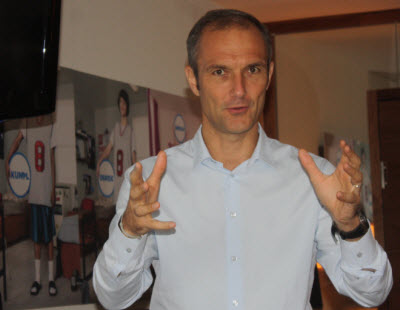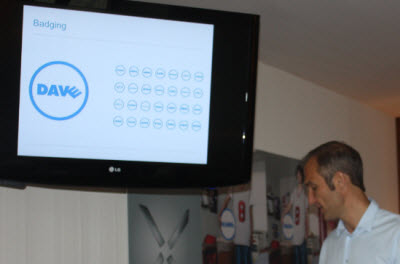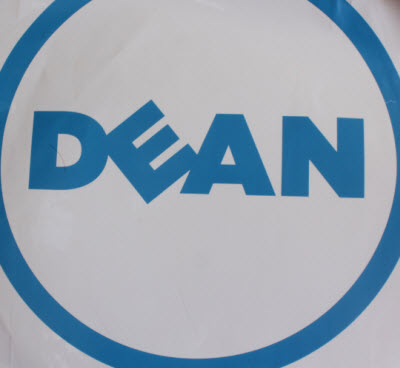 Dell is launching a new marketing campaign called “More You” that emphasizes the self-identification of its users in a bid to turn the company into a lifestyle brand.
Dell is launching a new marketing campaign called “More You” that emphasizes the self-identification of its users in a bid to turn the company into a lifestyle brand.
Dell computers haven’t stood out in the same way as Apple’s have in terms of their unique design and capabilities. But the company’s new campaign emphasizes what users are doing with their computers, said Paul-Henri Ferrand, Dell’s chief marketing officer for global and consumer/small medium businesses. The “More You” campaign is meant to relate to users who look at their computers and feel “my life is on that thing.”
“We have found our value proposition,” Ferrand said in an interview. “A year ago, consumers didn’t know what we stood for in consumer computing. Now our emphasis is on giving you seamless access to your digital life, service that is second to none, and value.”
Dell began a major brand campaign back in November that focused on “you can tell it’s Dell.” The aim was to differentiate the company’s products based on quality, reliability, security, and a close relationship with customers. That campaign lifted Dell’s awareness among consumers.
In the past, Dell relied on as many as eight different sub-brands. Now it is focused on just three consumer brands. The Inspiron brand focuses on casual users. The XPS focuses on those who want performance and Alienware centers on gamers. The targets include Generation Y (current young adults and teens), families with kids, affluent professionals and gamers. The focus has helped, enabling Dell to report two profitable consecutive quarter in its consumer PC business.
“You don’t want to be all things to all people,” said Tim Peters, a vice president in the consumer group at Dell.
The new campaign highlights different users and what they do with their computers.
 “Customers told us we can be an identity-shaping brand,” Ferrand said. “Like Audi. They have created a lifestyle brand. It is about how I project myself into the brand.”
“Customers told us we can be an identity-shaping brand,” Ferrand said. “Like Audi. They have created a lifestyle brand. It is about how I project myself into the brand.”
Under the “my life is on that thing” concept, Dell puts the customer at the center in an attempt to make the brand into one that “connects emotionally with consumers,” Ferrand said.
In a manifesto about its philosophy, Dell says, “Our lives are in our devices. Technologies are ever-present. They give life to our hobbies, goals and aspirations. Technology is about empowerment. It’s not about technology; it’s about what you do with it. We made it so people can do more. More of what makes them uniquely them. This all comes to life in our big idea: more you.”
Ads will feature the first names of users and show how they use their laptops, desktops or tablets and smartphones. The ads will feature the spelling of a person’s name with the lettering that Dell uses to spell its name. One ad featuring “Sarah” as an Inspiron owner is summed up with, “That’s me. Justin Bieber fan.” Another TV commercial focused on a girl who says, “It helps me keep my eye on my boyfriend even if he doesn’t know he’s my boyfriend.” A plant enthusiast Maya says, “it helps plant ideas in my head wherever I am.” For a father, the spot says, “lets her create masterpieces every day,” emphasizing a child’s art.
“The humanity comes across well,” Ferrand said. “That is what we are trying to do. It gives you insight into the lives of these people.”
 Ferrand said Dell has a tall order to compete with rivals, such as Apple.
Ferrand said Dell has a tall order to compete with rivals, such as Apple.
“But we can evolve toward being a lifestyle brand by empowering people’s passions,” he said. “A lot of our competitors talk about technology. We want to own the stage for talking about people.”

